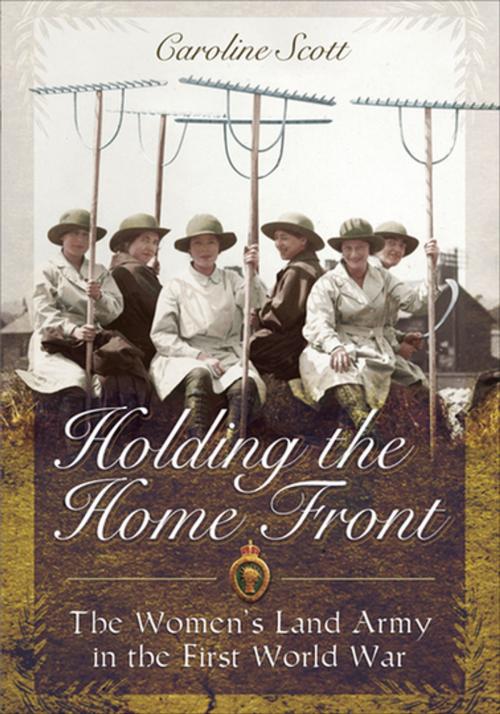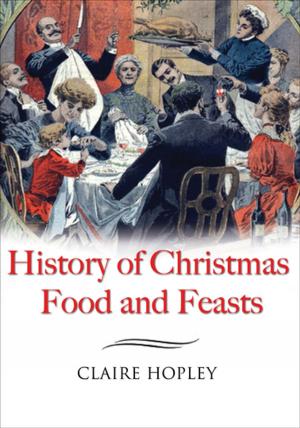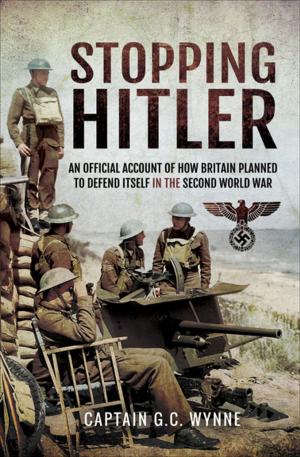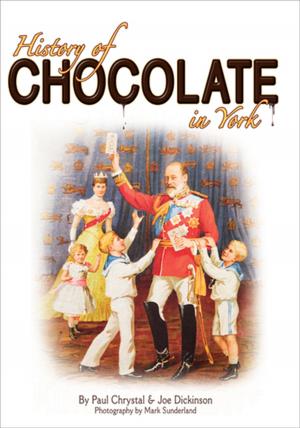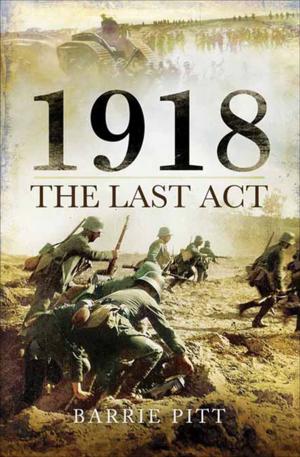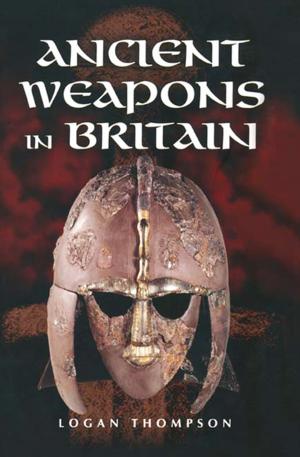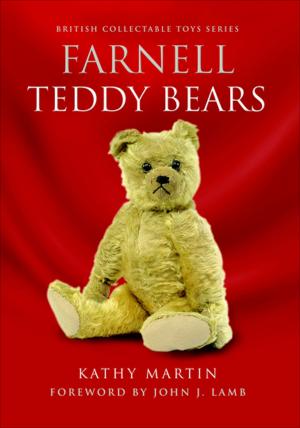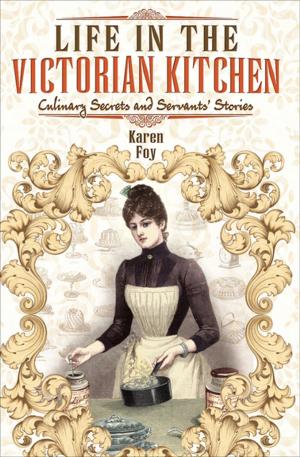Holding the Home Front
The Women's Land Army in the First World War
Nonfiction, History, Military, World War I| Author: | Caroline Scott | ISBN: | 9781473886322 |
| Publisher: | Pen & Sword Books | Publication: | January 30, 2017 |
| Imprint: | Pen & Sword History | Language: | English |
| Author: | Caroline Scott |
| ISBN: | 9781473886322 |
| Publisher: | Pen & Sword Books |
| Publication: | January 30, 2017 |
| Imprint: | Pen & Sword History |
| Language: | English |
An “insightful and extensive” history of the women who took over agricultural duties in England during World War I (Sussex Living Magazine).
One could be forgiven for supposing that the story of the Women’s Land Army starts in 1939 during World War II. But it’s a much older and more complicated history . . .
British agricultural policy during the First World War was held up as a success story; domestic food production was higher at the end of the war than at the start, the average calorific value of the British diet barely changed, and bread never had to be rationed. As the press reported starvation and food riots overseas, the 1918 harvest was held up as “one of the great achievements of the War.”
In 1917, at the darkest hour, when Britain’s food security looked most precarious, it was said that, “if it were not for the women agriculture would be absolutely at a standstill on many farms.” Using previously unpublished accounts and photographs, this book is an attempt to understand how the return of women to the fields and farmyards impacted agriculture—and, in turn, an examination of how that experience affected them.
“Caroline’s wonderful book sets the record straight with beautiful illustrations and witting testimony from people who were there and saw how hard these wonderful women worked to keep Britain going during their darkest hours. Superb.” —Books Monthly
“This is a well-researched history of the British Women’s Land Army in WW1 and how it paved the way for the success of the WLA in the Second World War.” —World War One Illustrated
An “insightful and extensive” history of the women who took over agricultural duties in England during World War I (Sussex Living Magazine).
One could be forgiven for supposing that the story of the Women’s Land Army starts in 1939 during World War II. But it’s a much older and more complicated history . . .
British agricultural policy during the First World War was held up as a success story; domestic food production was higher at the end of the war than at the start, the average calorific value of the British diet barely changed, and bread never had to be rationed. As the press reported starvation and food riots overseas, the 1918 harvest was held up as “one of the great achievements of the War.”
In 1917, at the darkest hour, when Britain’s food security looked most precarious, it was said that, “if it were not for the women agriculture would be absolutely at a standstill on many farms.” Using previously unpublished accounts and photographs, this book is an attempt to understand how the return of women to the fields and farmyards impacted agriculture—and, in turn, an examination of how that experience affected them.
“Caroline’s wonderful book sets the record straight with beautiful illustrations and witting testimony from people who were there and saw how hard these wonderful women worked to keep Britain going during their darkest hours. Superb.” —Books Monthly
“This is a well-researched history of the British Women’s Land Army in WW1 and how it paved the way for the success of the WLA in the Second World War.” —World War One Illustrated
